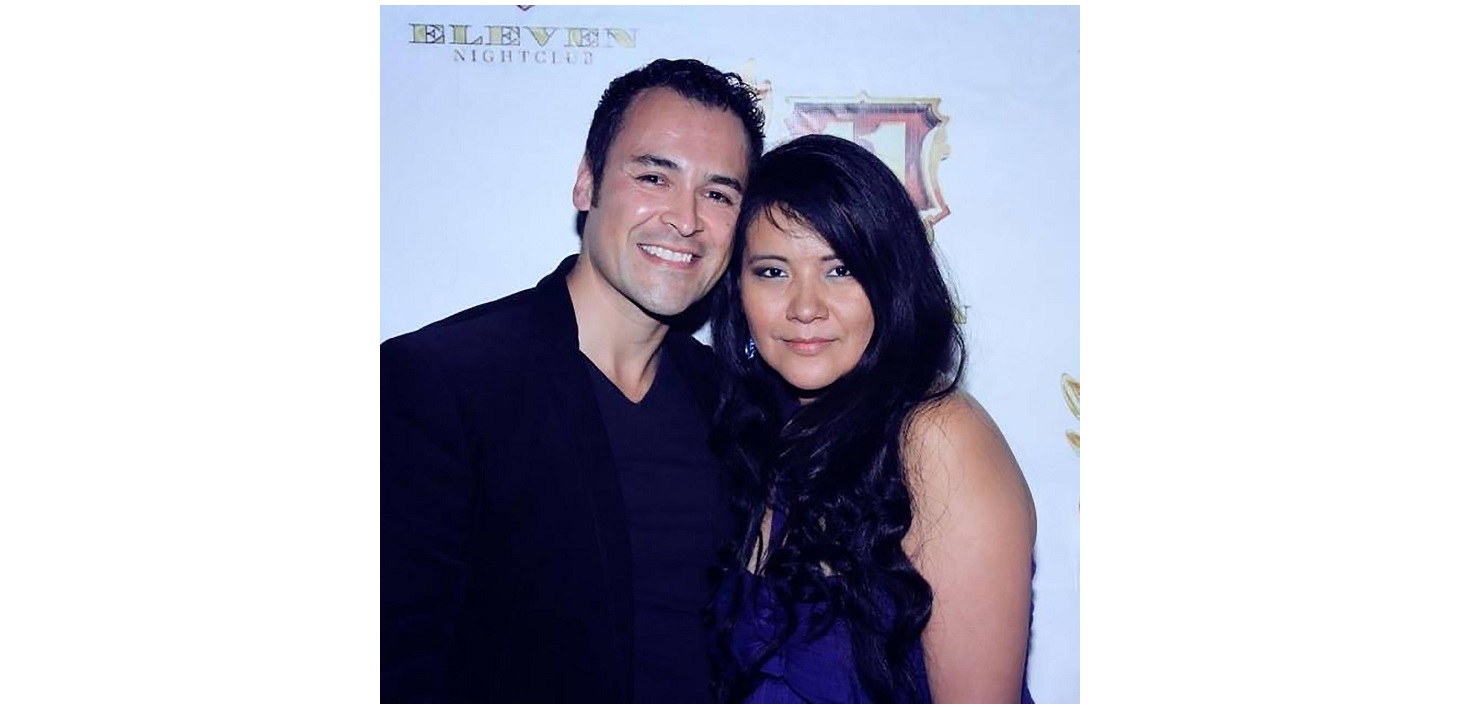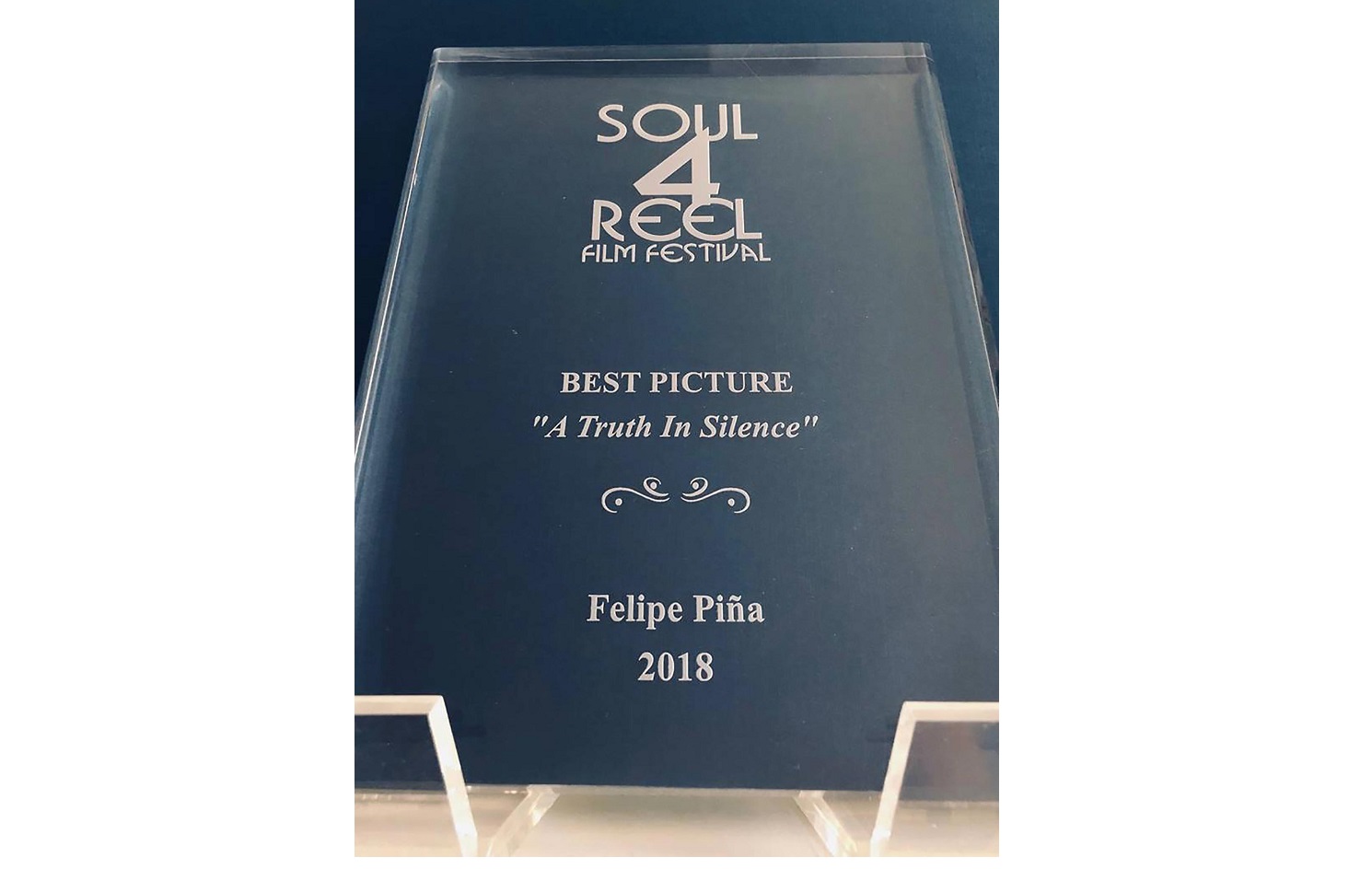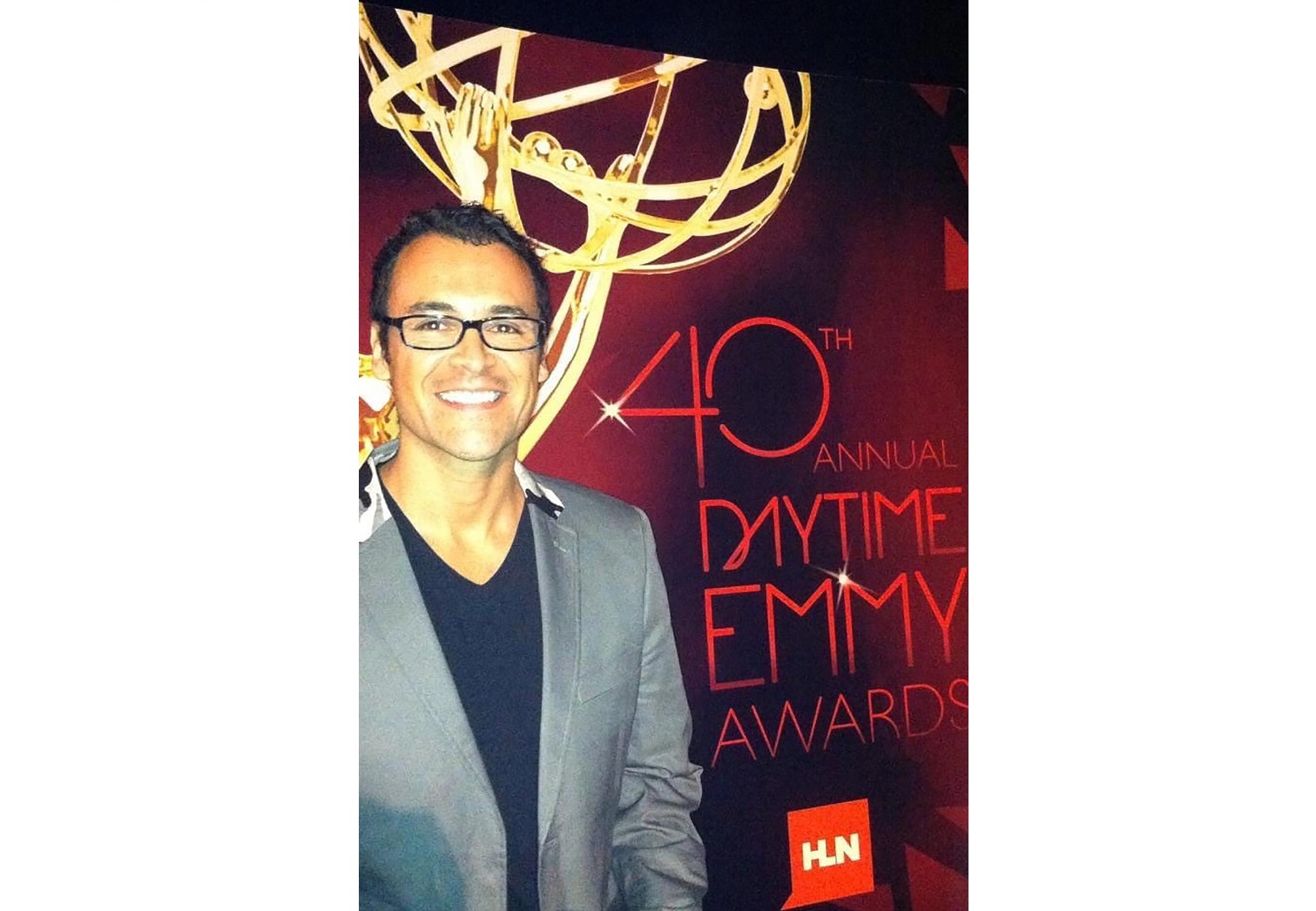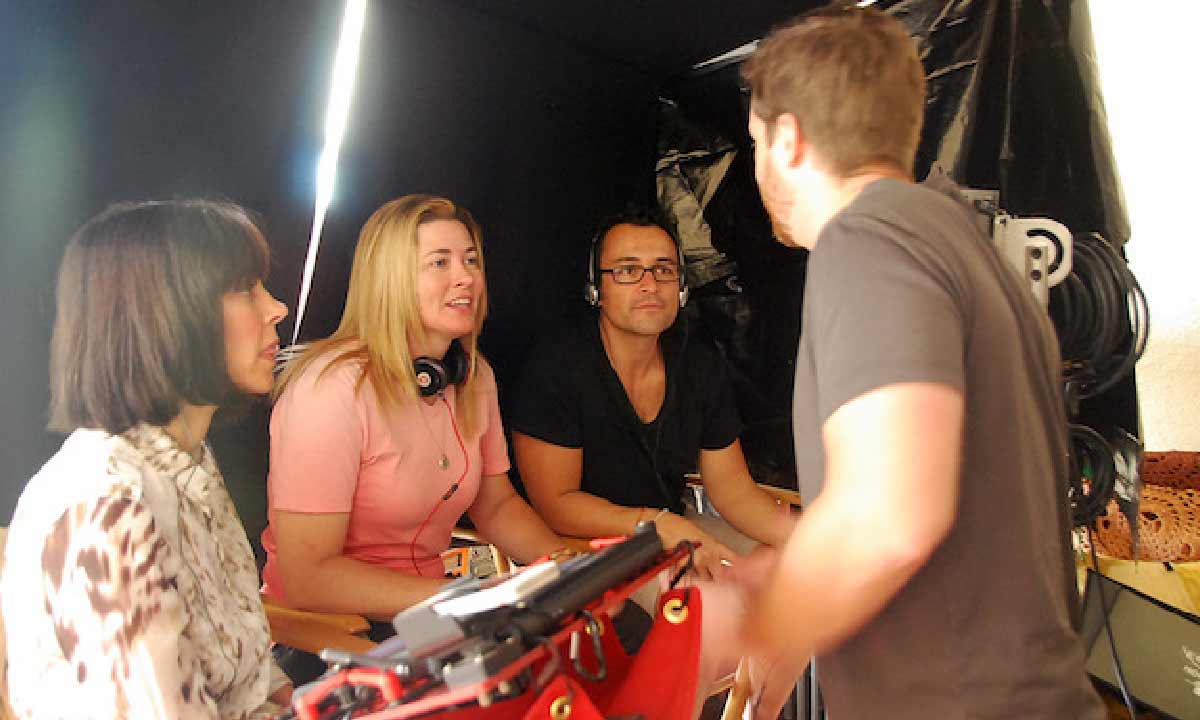This article originally appeared on the RBC Diversity site on June 24, 2020.
Like many Indigenous people, Felipe Piña didn’t acknowledge his native heritage through his youth. His family lineage includes a mixture of Spanish, Yaqui, Apache and Navajo. But had his family claimed their native ancestry, they would have been obligated to live on the reservation.
Because Piña’s family would not have been free to live how or where they chose, young Felipe never learned much about his ancestry beyond the food his mother and grandmother cooked. “Unfortunately, growing up, we were very disconnected from any native traditions or customs, unless they pertained to food,” he says.
Growing up in Wyoming presented its own unique challenges, too. “It’s a very conservative red state. There aren’t a lot of minorities to begin with,” Piña says. “I grew up with a lot of racism.” He would be treated differently, followed into stores, or identified by others as simply “brown.” Acknowledging his heritage therefore mattered a lot less than finding somewhere he could belong.

Getting in Touch with His Ancestry
When Piña moved to Los Angeles in 2002, racist comments largely stopped and he finally felt like he fit in, thanks to the diverse nature of the city. Ironically, this is also when his interest in his heritage was sparked. “Although I have always known that I had native lineage, it wasn’t until about seven years ago that I started to realize the importance of recognizing my native roots,” says Piña. “This acknowledgement I give credit to a friend of mine, Blackfeet native actress, Misty Upham.”
Misty, who tragically passed away in 2014, was a champion of many native causes, from homelessness to missing and murdered Indigenous women and girls. Before she died, she intended to establish a nonprofit dedicated to helping native children access the performing arts and entertainment. And she made it clear to Piña that just because he did not grow up going to powwows or living on a reservation it didn’t make him any less native.
He also recognized the significance of acknowledging not just his heritage, but other issues of importance to Indigenous people: The presence of ancestral land; the centuries of oppression faced by Indigenous people; and the mental health issues that have risen out of the hardships endured for generations. This is why Piña decided to speak up for his people.

Acknowledging Indigenous Peoples’ Day
Indigenous Peoples’ Day is becoming more broadly recognized across the United States in October as an alternative to the federally recognized Columbus Day. Los Angeles County, where Piña lives and works, is one of the regions that has made the shift.
So, he spoke up at City National Bank, an RBC company and Piña’s workplace for the last 13 years. Through the ‘Tell Kelly’ platform, set up by bank CEO Kelly Coffey, he suggested that the company recognize Indigenous Peoples’ Day. Beginning this year, Native American histories and cultures will be shared and honored through programming organized by the company’s Multicultural Strategies group.
“In this day and age there is an epidemic of missing and murdered Indigenous women; there is the destruction of centuries-old treaties to allow non-native land development; there is a large percentage of natives who still don’t have access to running water. The list of injustices goes on and on. Raising awareness and visibility are more important than ever,” he says.
Acknowledging the Whole Self
Piña also identifies as Latino, and his blended heritage gave rise to racist experiences throughout his childhood. “In third grade, I was asked for my knife by a teacher’s aide. I told her I didn’t have a knife and she replied ‘I thought all Mexicans carried knives.’ I feel the unfortunate part of growing up in a small, non-diverse town is that it introduces you to racism at a very young age,” says Piña.
His older brother was also held back in first grade by a teacher who told their mother that it was due to his “ethnic heritage” that he was not doing well in math. And in sixth grade, Piña’s teacher told him that he would never make it in junior high school or high school, and encouraged him to drop out. “The discouragement had the opposite effect on me and it actually encouraged me to not only graduate high school, but to go on to college and prove to my teacher — but also myself — that I was capable. I was the first on both sides of my family to graduate from college. At my graduation speech, I mentioned my sixth grade teacher and how her thinking less of me actually made me work harder.”
As a member of the LGBTQ+ community, Piña has largely encountered tolerance. “I was afraid to come out, but when I told my mother, she said she would love me regardless. At the end of the day, it’s the people closest to you who matter. My family is what matters,” Piña says.
Felipe Piña identifies as Indigenous, Latino and LGBTQ+. He is a filmmaker working in the audit department at a bank. He is more than just a label, working toward more than one objective. Working at City National Bank has allowed him to earn income while having the flexibility to indulge his creative side. He feels fortunate that, today, he has the freedom to celebrate every aspect of who he is.

“I feel I owe it to Misty, to myself and to my grandmothers to always acknowledge those parts of me that should never be hidden,” he says.
This article is intended as general information only and is not to be relied upon as constituting legal, financial or other professional advice. A professional advisor should be consulted regarding your specific situation. Information presented is believed to be factual and up-to-date but we do not guarantee its accuracy and it should not be regarded as a complete analysis of the subjects discussed. All expressions of opinion reflect the judgment of the authors as of the date of publication and are subject to change. No endorsement of any third parties or their advice, opinions, information, products or services is expressly given or implied by Royal Bank of Canada or any of its affiliates.



















